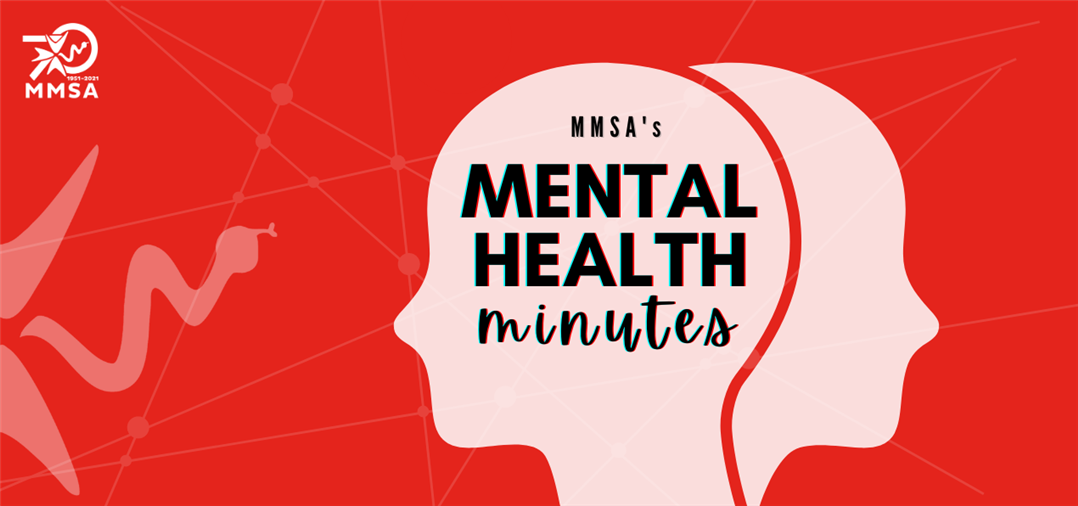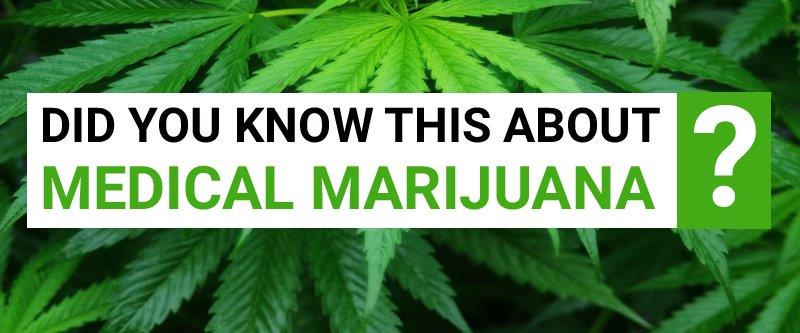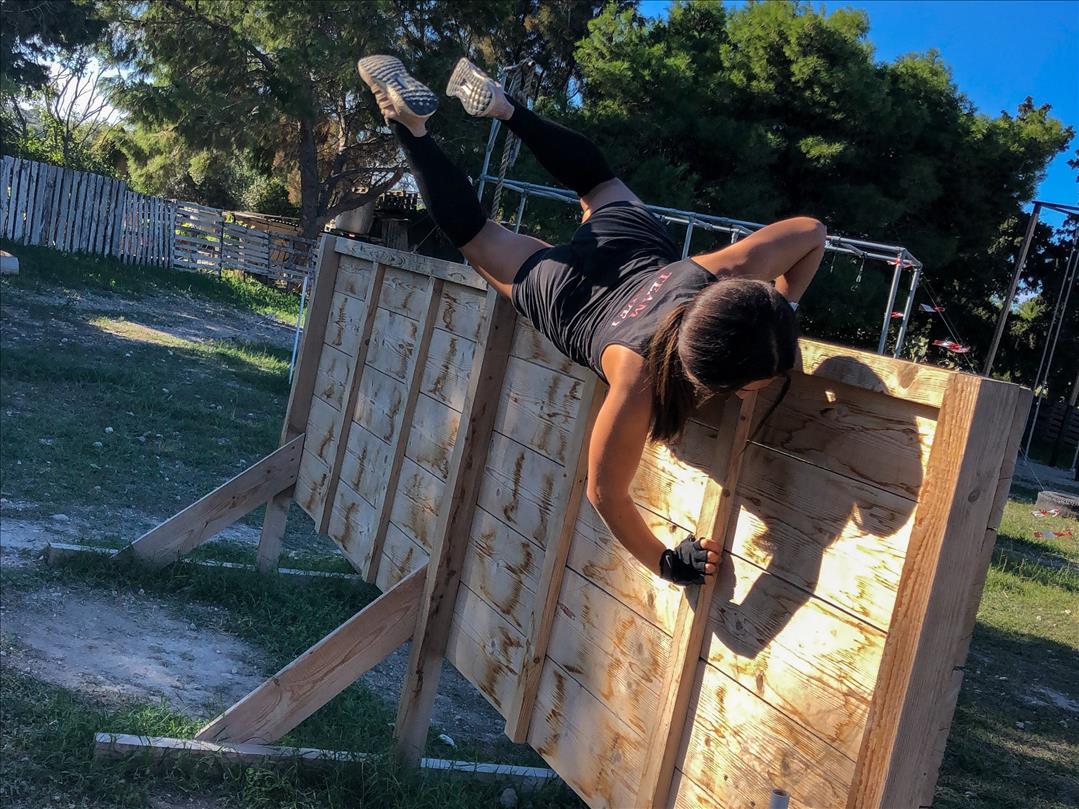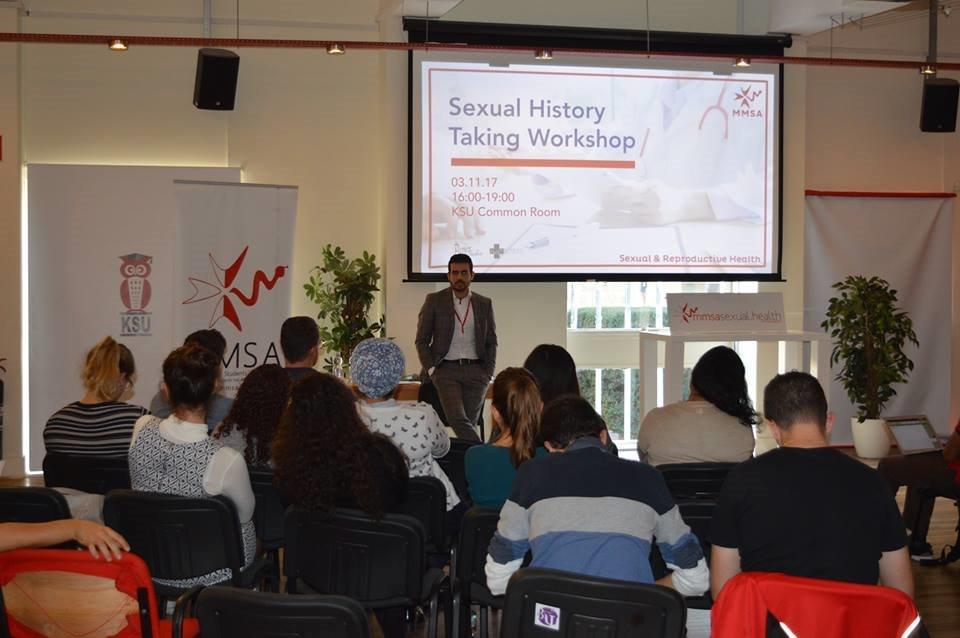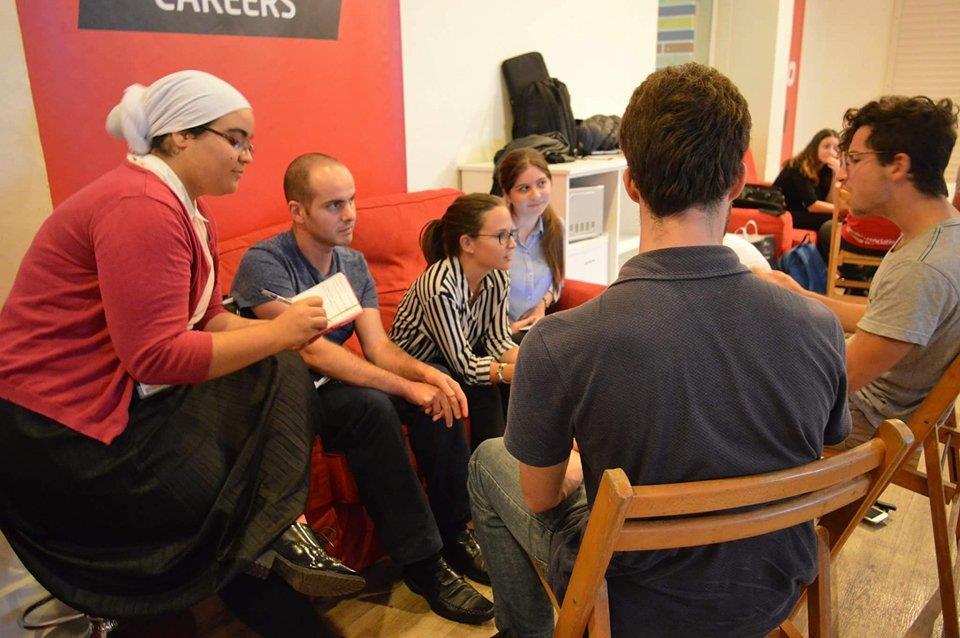This year, MMSA is addressing Mental Health as a yearlong priority. 'Mental Health Minutes' is a project aimed at spreading awareness and knowledge about different Mental Health conditions.
For the month of November, we will be discussing ''What is anxiety? Isn't anxiety normal?''
9th November 2020
Anxiety Disorders
What is anxiety?
Anxiety is experienced when one senses danger or feels threatened. Anxiety is a normal response as long as it does not impact on one’s function. It can also be abnormal if it occurs occasionally, for instance in severe panic attacks. Therefore, anxiety becomes a mental disorder when the symptoms experienced affect the person’s way of life.
Anxiety symptoms can be divided into two groups:
- Cognitive/Emotional symptoms: problems concentrating, blanking, irrational fears, obsessions, agitation etc.
- Somatic/Physical symptoms: shortness of breath, chest tightness, changes in bowel movements, headaches, insomnia etc.
Children can also show signs of having anxiety, and these are different from the ones experienced by adults. These include attention problems, thumb-sucking, nail-biting, and bed-wetting (Baldwin, Hjelde, Goumalatsou & Myers, 2016).
Anxiety is classified as being one of the commonest psychiatric disorders, with a global lifetime prevalence of 16% (Kessler et al., 2009). However, its true prevalence is not clear as people with anxiety, at times, do not find it necessary to seek help.
Anxiety disorders occur more frequently in females than in males with an approximate ratio of 2:1 (Remes et al., 2018).
Do I have an anxiety disorder?
Generalized anxiety disorder (GAD) can be identified by this easy, self-administered patient questionnaire, which measures the severity of the anxiety, and it is also used as a screening tool. This is known as the GAD-7 questionnaire.
|
Over the last 2 weeks, how often have you been bothered by the following problems? |
Not at all |
Several days |
More than half the days |
Nearly every day |
|
Not being able to stop or control worrying? |
0 |
1 |
2 |
3 |
|
Worrying too much about different things? |
0
|
1 |
2 |
3 |
|
Trouble relaxing?
|
0 |
1 |
2 |
3 |
|
Being so restless that it is hard to sit still? |
0 |
1 |
2 |
3 |
|
Becoming easily annoyed or irritable? |
0
|
1 |
2 |
3 |
|
Feeling afraid as if something awful might happen? |
0 |
1 |
2 |
3 |
The points of all seven questions should be added up, with the maximum number of points amounting to 21. Scores of 5, 10 and 15 are cut-off points for mild, moderate and severe anxiety, respectively (Spitzer, Kroenke, Williams & Löwe, 2006).
What are the different types of anxiety disorders?
The term ‘Anxiety Disorders’ is an umbrella term, which includes several different types. They are grouped in the following matter:
- Separation anxiety disorder
- Selective mutism
- Specific phobia
- Social anxiety disorder (social phobia)
- Panic disorder
- Agoraphobia
- Generalized anxiety disorder
- Substance/medication-induced anxiety disorder
- Anxiety disorder due to another medical condition.
There are other conditions which include an anxiety component, such as obsessive - compulsive disorder and post-traumatic stress disorder (Diagnostic and statistical manual of mental disorders, 2017).
What do I do if someone I know is suffering from anxiety?
- Establish whether you are in a position to help that person, and whether you are knowledgeable enough to guide them ("Worried About a Friend? – Richmond Foundation", 2020)
- Talk to the person about your concerns
- Listen to what the person has to say, and make them feel safe to talk about their struggles
- Empathize with the person and show them that they are not alone
- If further help is required, consult a professional
Tips on dealing with anxiety:
- Seek support
- Learn about your disorder - the more you know, the better you can manage your symptoms
- Cut down on food and drinks that have caffeine, and chocolate
- Don’t drink alcohol and don’t use recreational drugs
- Make sure to have a balanced diet
- Exercise regularly
- Get better sleep
- Learn to relax
- Manage your negative thoughts - learn how to think positive
- Get together with friends
("All About Anxiety Disorders: From Causes to Treatment and Prevention", 2020)
If I am experiencing one of the following anxiety disorders, who can I reach out to for help?
At first you might be more comfortable to talk to someone who you already know, such as family or friends, and so, this might make it easier to let your guard down and express how you are feeling. If you feel like this doesn’t help, or you feel like you cannot tell your family and friends just yet, then there are other options.
You may then seek the help of a general practitioner (GP) in the nearest health centre or family doctor, so that they can refer you to other professionals specialized in mental health services such as psychiatrists and psychologists. Many GPs are also very skilled in mental health and can be able to offer therapeutic alternatives.
Students studying at the University of Malta could also make use of the free counselling sessions on campus.
Furthermore, if you are not comfortable talking to someone in person, Richmond Foundation has a Freephone Helpline, which is 1770. This helpline is available for 24 hours, 7 days a week. Richmond Foundation also has a website that allows you to talk to someone anonymously, as well as the Kellimni.com website.
These services are beneficial for people who need help if they are going through mental health problems, and one should not be afraid to seek help.
In Malta, the mental health services are free of charge. The centres or clinics that offer their services to mental health care are located in Cospicua, Floriana, Gzira, Mosta, Mtarfa, Paola and Qormi. It is recommended that one calls the respective clinic for an appointment.
|
Health Centre |
Contact Number |
Days of the Week |
Schedule |
|||
|
Cospicua |
23972330 / 21662088 |
Monday - Friday |
7:30am - 5:30pm On Fridays till 3pm |
|||
|
Gzira |
21344766 / 21337245 |
Tuesdays & Wednesdays |
7:30am - 5pm |
|||
|
Kirkop |
21681267 |
Tuesdays, Wednesdays & Thursdays |
|
|||
|
Mosta |
21424969 |
Mondays & Tuesdays Tuesdays & Wednesdays according to schedule |
7:30am - 5pm |
|||
|
Qormi |
21441317 / 21440170 |
Monday - Friday |
7:30am - 5pm On Fridays till 3pm |
|||
|
|
||||||
|
Health Clinic |
Contact Number |
Days of the Week |
Schedule |
|||
|
Floriana |
21220454 / 21250015 |
Monday - Friday |
7:30am - 3pm |
|||
|
Mtarfa |
21456750 / 21454917 / 2146758 |
Monday - Friday |
7:30am - 3pm |
|||
|
Paola |
21821566 / 21821562 |
Monday - Friday |
7:30am - 3pm |
|||
("Mental Health Services", 2020)
References:
All About Anxiety Disorders: From Causes to Treatment and Prevention. (2020). Retrieved 6 November 2020, from https://www.webmd.com/anxiety-panic/guide/anxiety-disorders#4
American Psychiatric Association. (2017). Diagnostic and statistical manual of mental disorders. Arlington, VA.
Baldwin, A., Hjelde, N., Goumalatsou, C., & Myers, G. (2016). Oxford Handbook of Clinical Specialities (10th ed., p. 350).
Mental Health Services. (2020). Retrieved 6 November 2020, from https://deputyprimeminister.gov.mt/en/phc/Pages/Services/Mental-Health-Services/Mental-Health-Services.aspx
Remes, O., Wainwright, N., Surtees, P., Lafortune, L., Khaw, K., & Brayne, C. (2018). Generalised anxiety disorder and hospital admissions: findings from a large, population cohort study. BMJ Open, 8(10), e018539. doi: 10.1136/bmjopen-2017-018539
Spitzer, R., Kroenke, K., Williams, J., & Löwe, B. (2006). A Brief Measure for Assessing Generalized Anxiety Disorder. Archives Of Internal Medicine, 166(10), 1092. doi: 10.1001/archinte.166.10.1092
Worried About a Friend? – Richmond Foundation. (2020). Retrieved 6 November 2020, from https://www.richmond.org.mt/worried-about-a-friend/
Written by Kelsey Markham (MD4) – MMSA President Assistant
Reviewed by Dr. Daniel Vella Fondacaro


